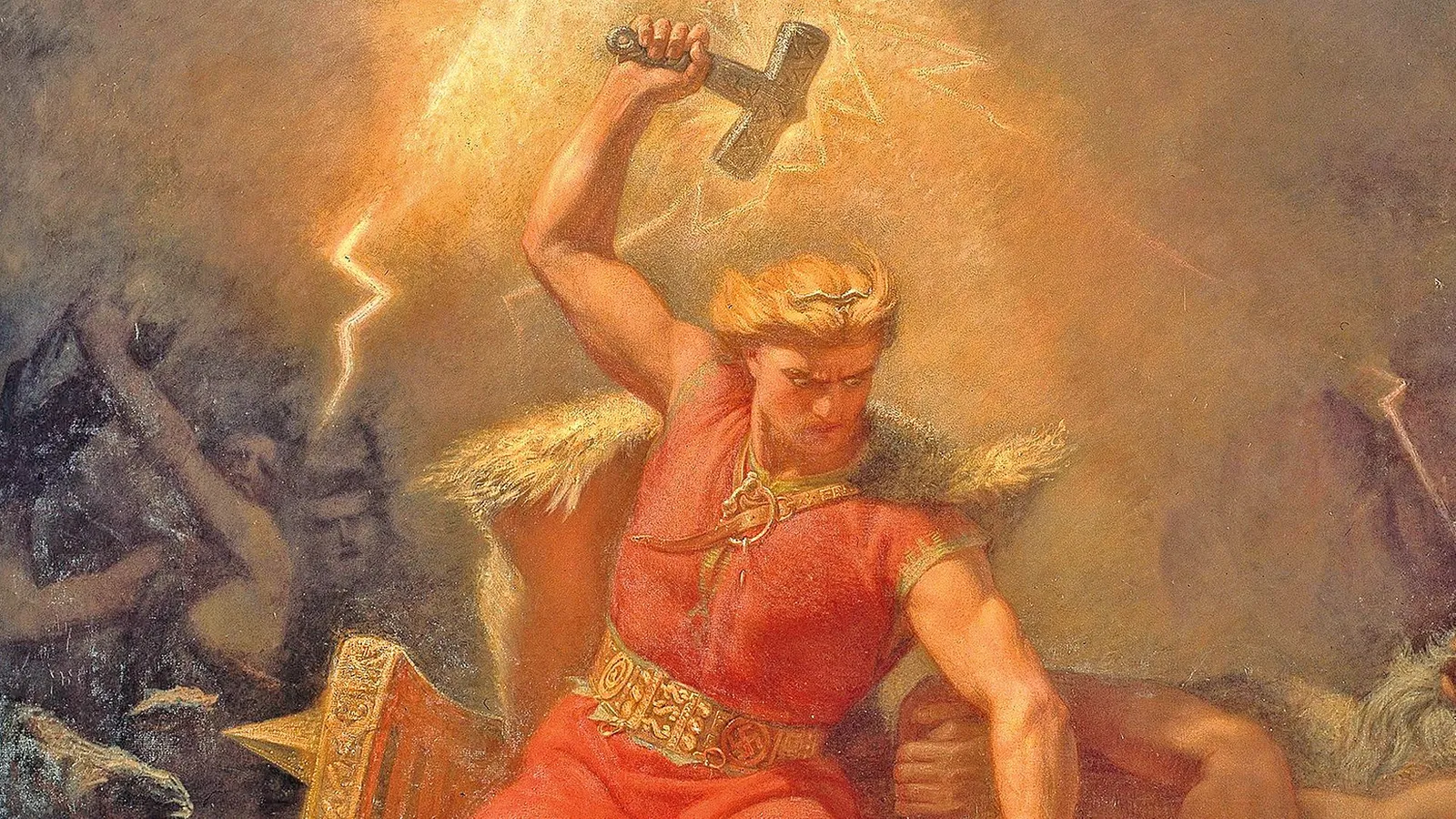From Marvel’s Thor to Game of Thrones and Neil Gaiman, Norse legends have influenced culture and current ideas, according to a new book.

Browse by Phenomena
View Popular Filters

The US writer Mark Twain famously wrote: "There is no such thing as a new idea. We simply take a lot of old ideas and put them into a sort of mental kaleidoscope. We give them a turn and they make new and curious combinations." This is particularly true of storytelling. I am a novelist, and teach creative writing. In this discipline, the premise that there are seven basic plots (as outlined in a book of the same name by Christopher Booker) holds sway.
More like this:
- Why we've got Vikings all wrong
- Britain's most chaotic traditions
- The original male model
The stories we tell reflect who we are, as both individuals and societies, at any given time. Reading stories from centuries' past, it's reassuring to discover that while times change, human instincts and emotions are more constant and universal. The joy of reading is to commune with other people through the stories they have left behind – but to recognise in their worlds something of our own.
A new book, The Norse Myths that Shape the Way We Think by Carolyne Larrington, a professor at Oxford University, explores the contemporary resonances of Norse myths, and examines their reimagining in popular culture. "The Norse myths are important because they take place in a landscape which for people in Britain and the English-speaking world, we recognise as being like our own," Professor Larrington tells BBC Culture. "And unlike Greek and Roman myths, they portray a world which is finite. Its inhabitants are marching towards the end of time. So they have a note of pessimism which resonates in a more secular world."
Despite this, they are not without hope or enlightenment. From an elegiac exploration of the environment, musings on masculinity and a reckoning with existence, these ancient Nordic myths underpin many of the ways we think today
View Original Article